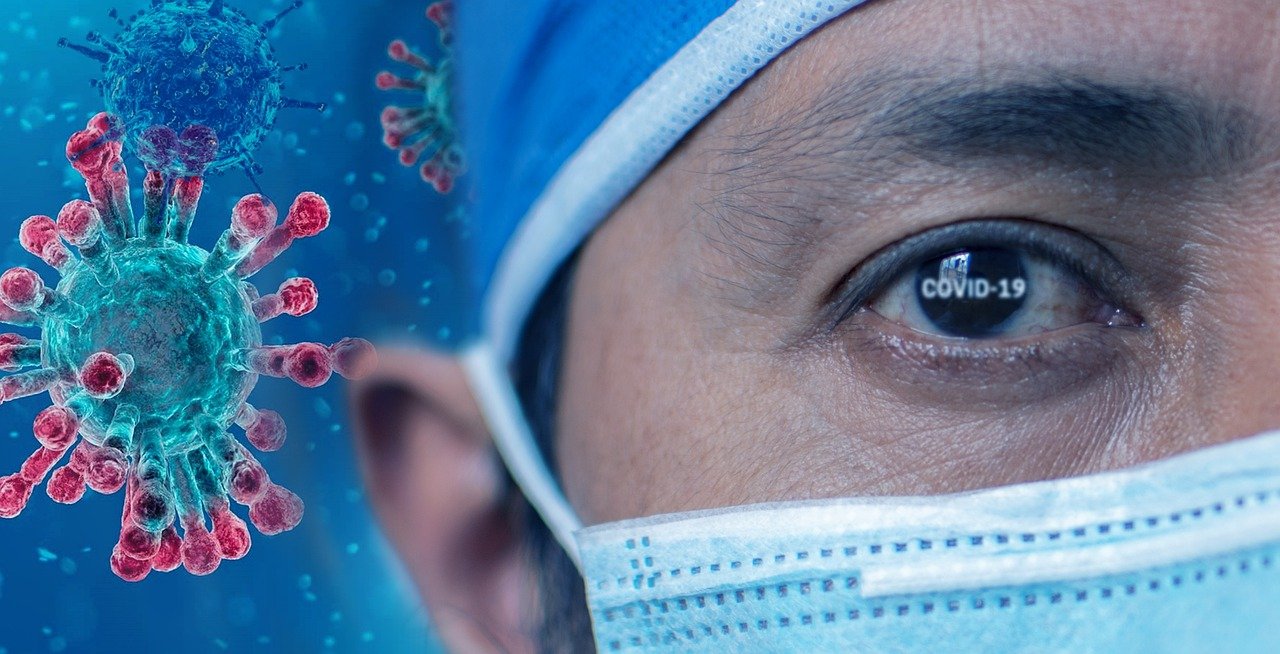Moderna said on Wednesday that it would seek emergency authorization of its coronavirus vaccine for children younger than 6, after interim results from its clinical trial showed that volunteers in that age group had a similar immune response to young adults when given a dose one-fourth as strong.
But the firm said the vaccine proved only about 44 percent effective in preventing symptomatic illness among children 6 months to 2 years old, and 37 percent effective in children 2 through 5 years old. The company is studying the effectiveness of a booster shot, and one of its top officials said she expects a booster will be necessary for that age group, just as it is for adults.
Dr. Jacqueline Miller, the firm’s senior vice president for infectious diseases, said that the relatively low level of protection demonstrated the ability of the Omicron variant to evade the vaccine’s shield. Nonetheless, she said in an interview, “What we have seen is a successful trial.”
“What I will say is 37.5 percent and 43.7 percent are higher than zero,” she said. “If I were the parent of a young child, I would want there to be some protection on board, especially if we see another wave of infections.”
The firm’s announcement comes shortly before Pfizer and BioNTech are expected to release results from a three-shot study for children under five, using doses one-tenth as strong as those for people 12 and older. Those results are expected in April.
At the request of the F.D.A., Pfizer-BioNTech last month submitted preliminary results from their trial; regulators hoped the data on two doses would be strong enough to get the vaccination campaign underway while awaiting final results on three.
But the F.D.A. changed its mind when new data, collected during the Omicron surge, showed convincingly that two doses failed to protect adequately against symptomatic infection. Pfizer and BioNTech did not publicly release the exact results, but in December, they reported that two doses of their vaccine produced a strong immune response in children 6 months to 2 years old, but not in those 2 through 4 years old.
Children under 5, a group of about 18 million, are the only Americans still not eligible for shots.
In a statement, Stéphane Bancel, Moderna’s chief executive officer, said the company will also request emergency authorization for its two-shot vaccine for children 6 to 11, and was updating a similar request that it filed last summer for those 12 to 17. That request was put on hold because the Food and Drug Administration wanted to see more data on a rare side effect, myocarditis, which involves inflammation of the heart.
So far, Pfizer-BioNTech’s shot is the only one authorized for Americans 5 to 18.
About 6,900 children in the United States and Canada were enrolled in Moderna’s trial for those under 6. Moderna said there were no cases of severe illness, hospitalization or death in either the placebo or the vaccine arm. The majority of infections were mild.
The children who received the vaccine demonstrated a comparable response in the level of neutralizing antibodies as adults aged 18 to 25, meeting the primary endpoint set by the F.D.A. for a successful trial, the firm said.
Because of the Omicron surge, there were enough infections to also evaluate the vaccine’s efficacy against symptomatic disease, Moderna said. The relatively low efficacy comports with research on how well vaccines have protected adults from the Omicron variant, it said. Moderna is studying booster shots for all three age groups under 18.
“We certainly intend to administer a booster dose to these children,” Dr. Miller said. “And recall that we found that we needed to administer a booster dose to adults in order to maintain high levels of vaccine efficacy against the Omicron variant.”
The majority of side effects among the trial volunteers were mild — “no severe Covid-19 disease was observed,” the company said — and fever rates were typical of existing pediatric vaccines. A few children— .2 percent of the study group — developed fevers greater than 104 degrees, the firm said.

